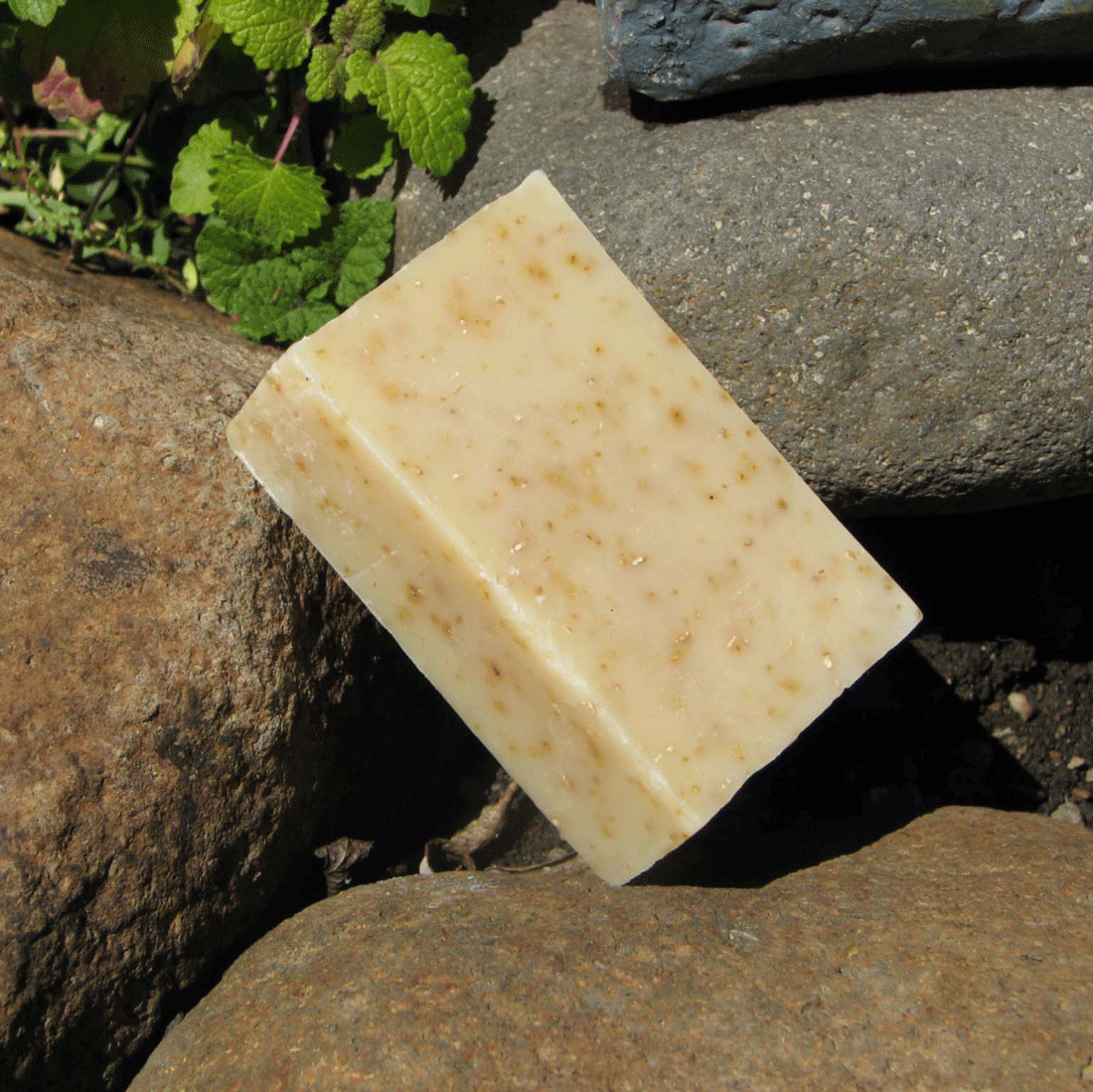
Cold Process Soap and your skin's pH
Share
What is pH and why is it so important? We hear that buzz word all the time. Is it just a marketing ploy to sell more product or is there more to it?
pH is the measure of acidity or alkalinity on a scale of 1 to 14, going from acid (1) to alkaline (14). A pH of 7 represents a neutral solution. Pure water has a pH of 7. Tomatoes and lemons are acidic, while baking soda and toothpaste are alkaline. Our skin has a pH, too, which ranges from 4 to 6.5, while the human body has a pH in the range of 7.35-7.45. The secretions covering our skin are called the acid mantle and consists of a natural barrier made up of lipids, sebum and sweat. This barrier is designed to protect the skin from bacteria and fungus as well as water loss.
Why be concerned about the pH of a skin care product? Because harsh surfactants in cleansers can damage skin and its barrier. You know the feeling - tightness, dryness, irritation, and itchiness that you get after using commercial detergents. Therefore, the use of "pH balanced" products is thought to be less disturbing to the acid mantle of the skin.
BUT, this is where handmade soap is different. While handcrafted cold process soap is the alkali salt of a fatty acid (and is therefore alkaline in nature) and it typically measures between 8-10 on the pH scale, it is different. The reason it's different is because opposed to harsh detergents, well-formulated cold process soap is very mild. When "super fatted" it contains "free oil/fatty acid" that replaces some of the moisture and lipids/fatty acids lost while washing dirt away. Furthermore, whats amazing is that after bathing the skin begins re-secreting the acid mantle immediately and it returns to it’s normal pH.
Not convinced? Check out this article that shows the long-term use of soap does not affect the pH-maintenance mechanism of skin. [See 1]
In a nutshell: Well-formulated, super-fatted cold processed soap is the mildest cleanser that you can use on your body. Being alkaline, it will remove some of the skin's dirt bearing oil, but it gently cleanses and doesn't strip the skin but leaves behind moisturizing oils/lipids/fatty acids.
Still unsure? The best and most accurate test of a good mild soap is how it feels on your skin. You be the judge. Does your soap leave your skin feeling soft, supple, smooth and moisturized?
Read: Handmade Soap Guide - Nearly Everything You Need To Know
To your happy and healthy skin,

1. https://pubmed.ncbi.nlm.nih.gov/25073884/ The long-term use of soap does not affect the pH-maintenance mechanism of human skin
